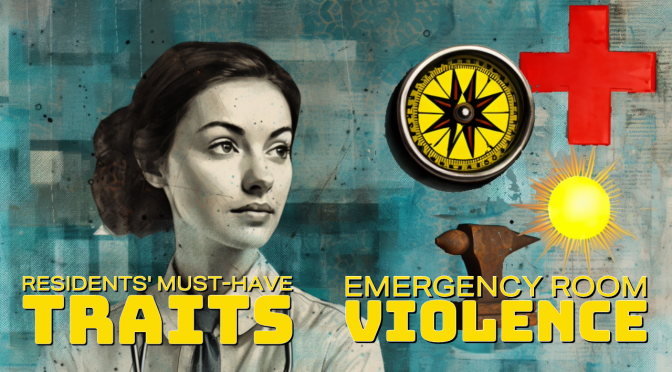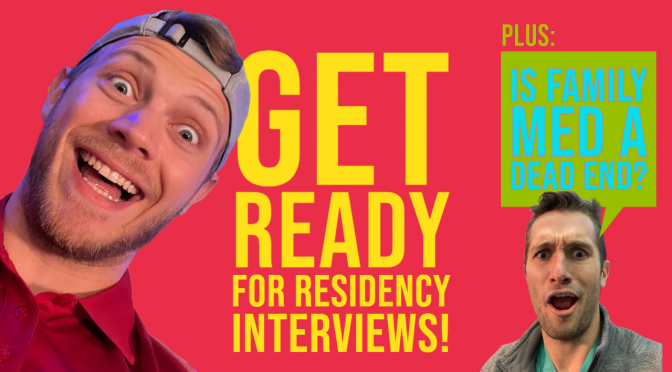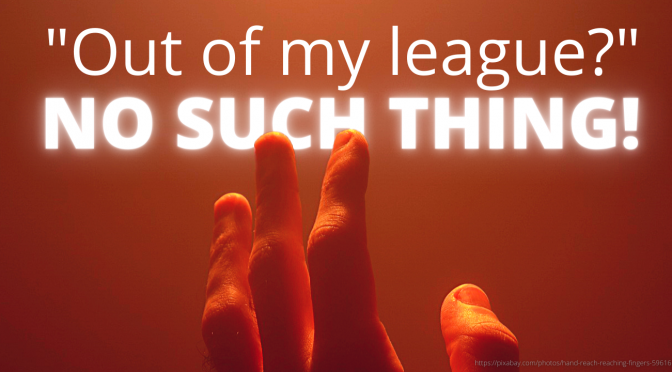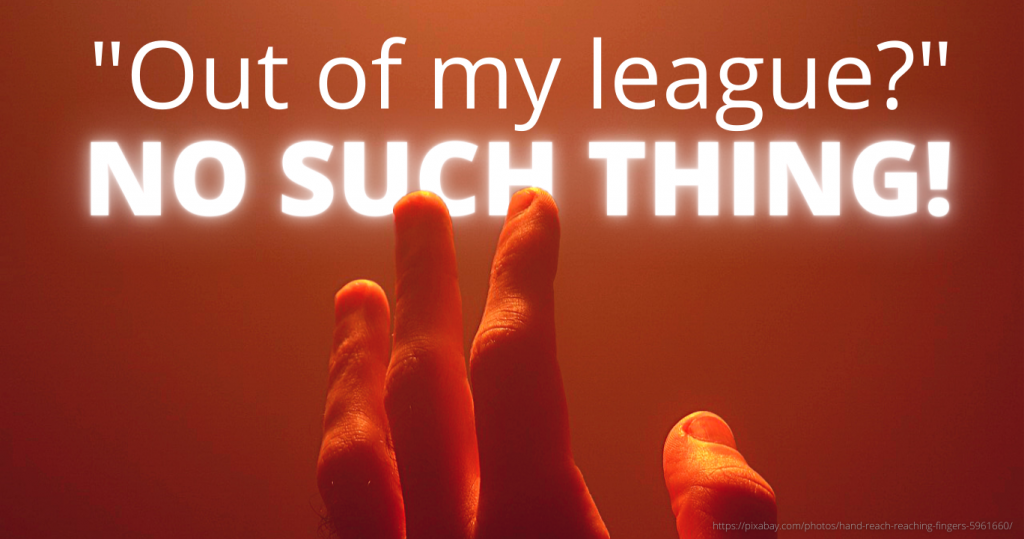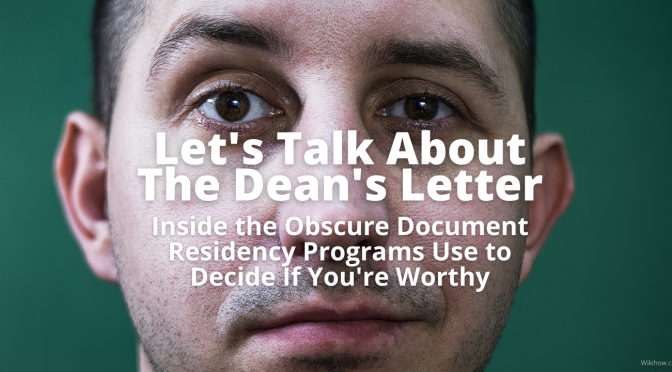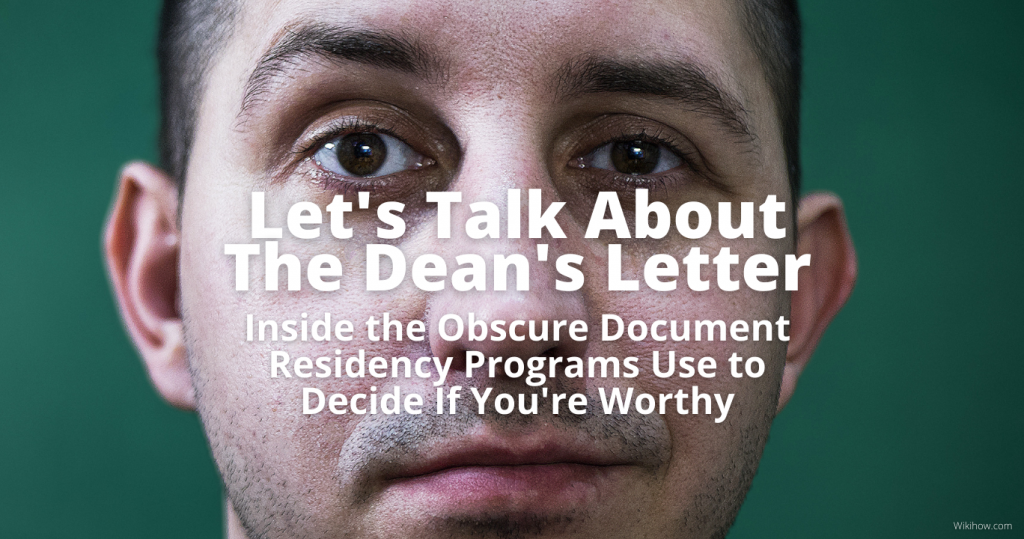Podcast: Play in new window | Download (Duration: 55:02 — 50.4MB)
Subscribe: Spotify | RSS | More
The Critical Qualities to Ace Residency Interviews and Thrive in Medical Careers
A recent MedPage Today editorial shines a light on four traits that are crucial for every resident. These elements aren’t traditionally taught, but are key for future doctors. They encompass selflessness, optimism, personal responsibility, and a hunger for personal meaning. M4 Alex Belzer, who’s currently interviewing, and M2s Hend Al-Kaylani and Eric Vallin break them down, exploring how each can enhance both personal and professional interactions.
And a New York Times editorial video tackles a darker side of medical practice – violence against emergency medicine providers. The challenges faced chuck yet another curveball into the complex reality of a physician’s work-life, the erosion of human connection in healthcare, and the necessity to spark change.
We Want to Hear From You: YOUR VOICE MATTERS!
No matter where you fall on any spectrum, we want your thoughts on our show. Do you agree or disagree with something we said today? Did you hear something really helpful? Are we delivering a podcast you want to keep listening to? We’ll be sure your ideas are heard by all–leave a message at 347-SHORTCT (347-746-7828) and we’ll put your message in a future episode (use *67 to be an “Unknown caller”).
We want to know more about you: Take the Listener Survey
We do more things on…

